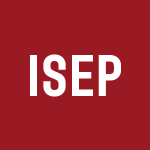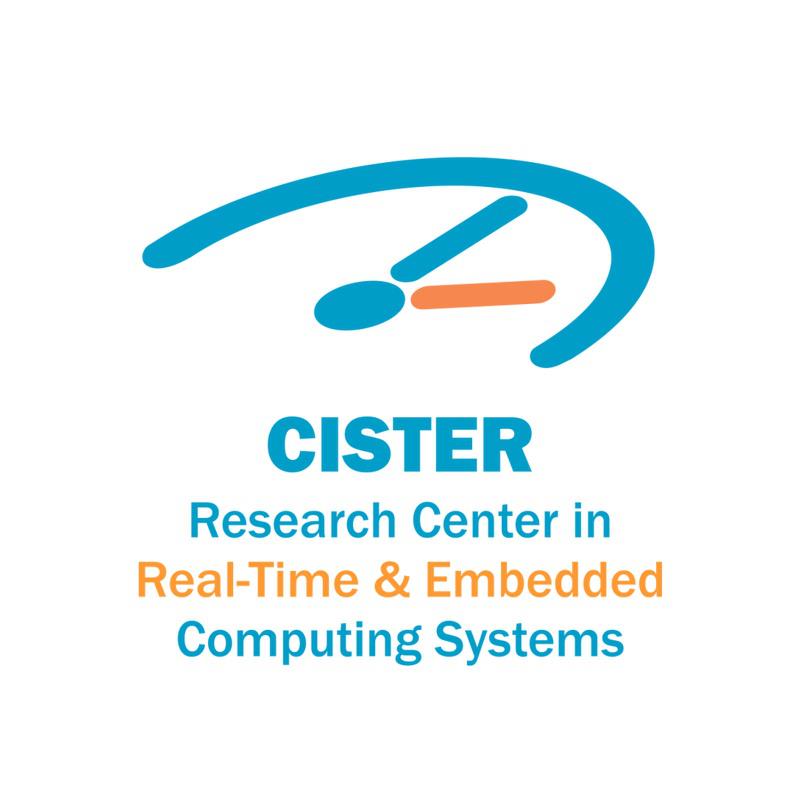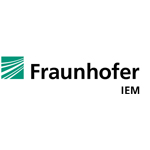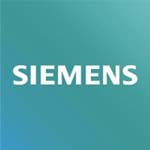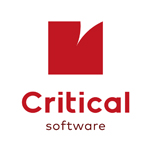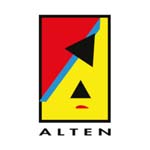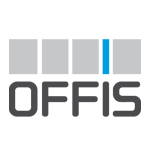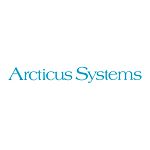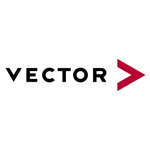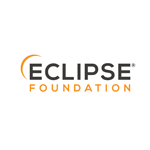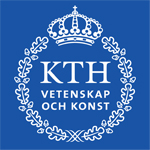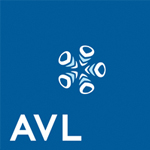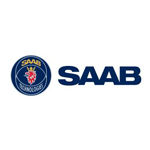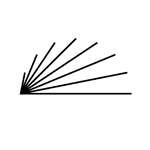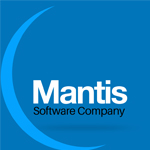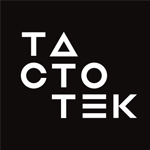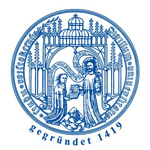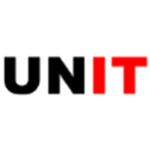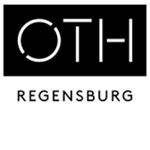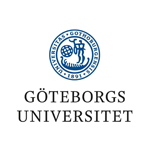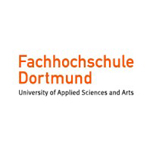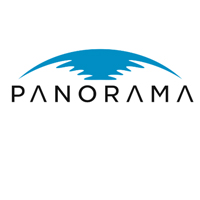 PANORAMA
PANORAMA
Boosting Design Efficiency for Heterogeneous Systems
| POCI-01-0247-FEDER-040194 | grant nr. 40194 3 years (Oct 2019 to Sep 2022) https://panorama-research.org/ | |
| Summary: | PANORAMA is a project approved by the EUREKA Cluster ITEA3 which results from an application promoted by an international consortium, composed of 36 organizations (companies and entities from the scientific and technology) from six countries. The national sponsoring consortium consists of one company, Critical Software, S.A., and ISEP through CISTER.
The goal of Panorama is to research into model-based methods and tools to master design and development of heterogeneous systems by heterogeneous parties, and provide best practice and guidance for development. To that end, the main line of action is extending the scope of current system level approaches by enhancing existing abstract performance meta-models to be suitable for heterogeneous hardware, and heterogeneous function domains. We will stand on the shoulder of giants by building on the meta-model developed in the AMALTHEA and AMALTHEA4public projects, taking results from projects such as TIMMO, Timmo2USE, ARAMiS I & II into account. Thereby, the enhanced meta-model must be a common and open standard to support develop-ment by diverse parties across organizations.
For integration and transition, existing modelling approaches have to be respected and transfor-mations into the developed meta-model may be offered. To ensure broad acceptance and justify investment by industry, the meta-model has to suit many use-cases, ideally across the complete development cycle. A meta-model that is rather wide and generic is the result. In addition, perfor-mance models of products usually grow and get enriched during the development process. These facts imposes three important conditions:
|
| Funding: | Global: 480KEUR, CISTER: 146KEUR |
| Sponsors: | 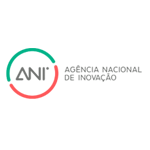 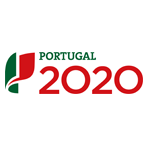 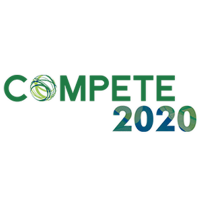 |
| Partners: | |
| Contact Person at CISTER: | Luis Miguel Pinho |









